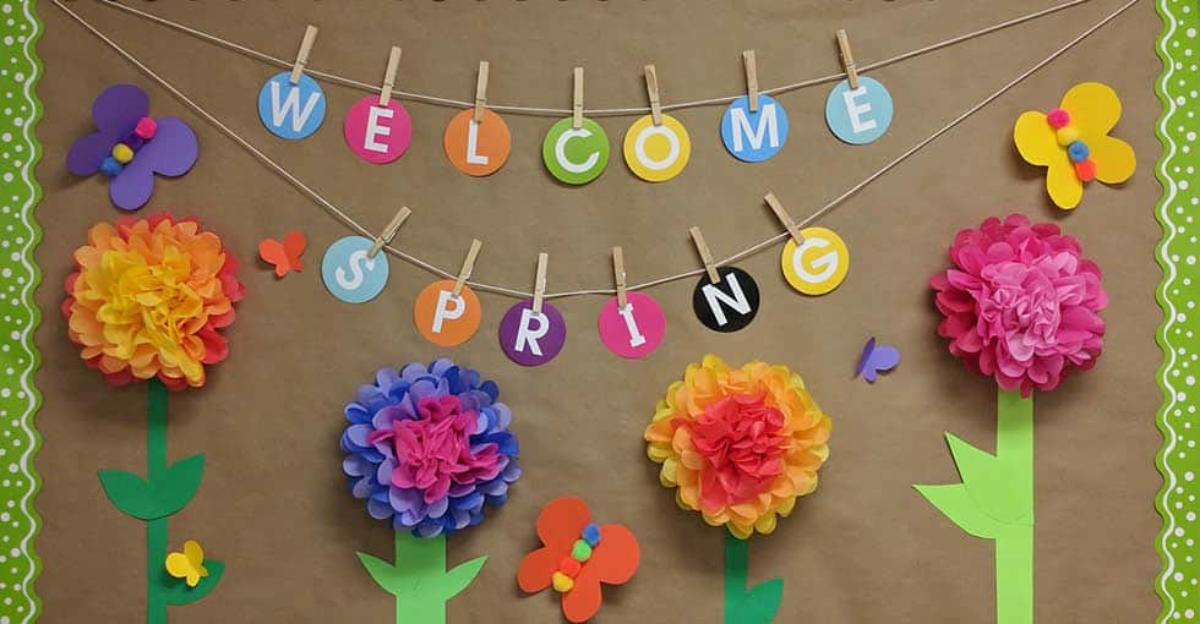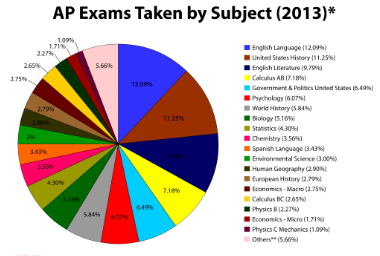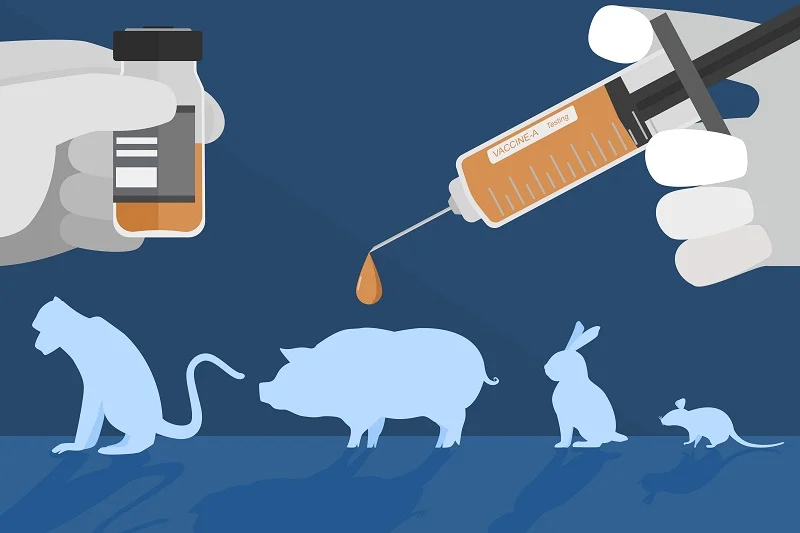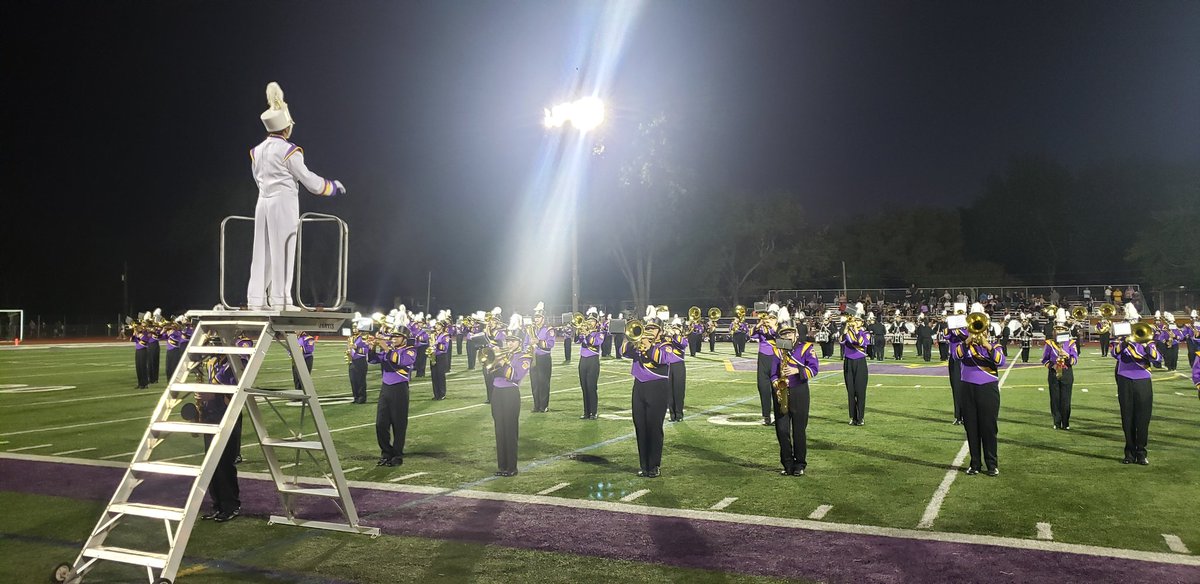Do You Know Them?
What is mental illness?
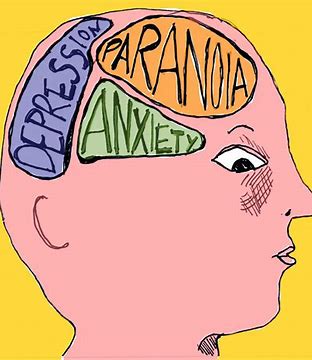
We all know someone who struggles with an illness. But does everyone know someone who struggles with a mental illness? Chances are, you do. Chances are, you would have no idea. Many of these people suffer in silence because of the many stigmas and stereotypes against those who have those experiences. Whether it be something as simple as Generalized Anxiety Disorder (GAD), or as complex as Dissociative Identity Disorder (DID), all mental illnesses are forms of disability. It’s a spectrum, just as most things are. Mental illness occurs when someone’s brain does not produce enough of, or too much of, a certain chemical. People who are neurotypical normally don’t experience the intense fluctuations that people who are neurodivergent do. There are many ways to cope with these disabilities; some ways are healthy and some are not. In this article I will share some information about different types of illnesses.
One of the more common mental disabilities is ADHD, or Attention Deficit Hyperactivity Disorder. This causes the person to experience things like hyperactivity (of course), trouble focusing, procrastination, being distracted easily, and a constant flow of thoughts in their mind. Another common disorder is GAD, commonly known as anxiety, as well as social anxiety. Sometimes it becomes so severe that a person can develop Agoraphobia, or the intense fear of open or crowded spaces. Autism (ASD) is less common, but again, it has a very broad spectrum of levels. People who have autism have a hard time picking up on social cues, and commonly have special interests, called hyperfixations. These are just a few examples of mental illnesses.
People with a diagnosed mental disability are able to receive accommodations from their school, as well as individual teachers. For example, administration has implemented something called SEL, or Social Emotional Learning, in classrooms. Mrs. Johnston accommodates students by listening and checking in whenever she can. She says she is able to “visibly see” when a student is struggling more than usual with “how they present themselves”. A lot of the time, a change in behavior and hygiene shows that someone is not doing well. The school also provides accommodations such as 504 and IEP plans. These allow students certain helpful things that take place in the school.
Your donation will support the student journalists of Wauconda High School. Your contribution will allow us to purchase equipment and cover our annual website hosting costs.




